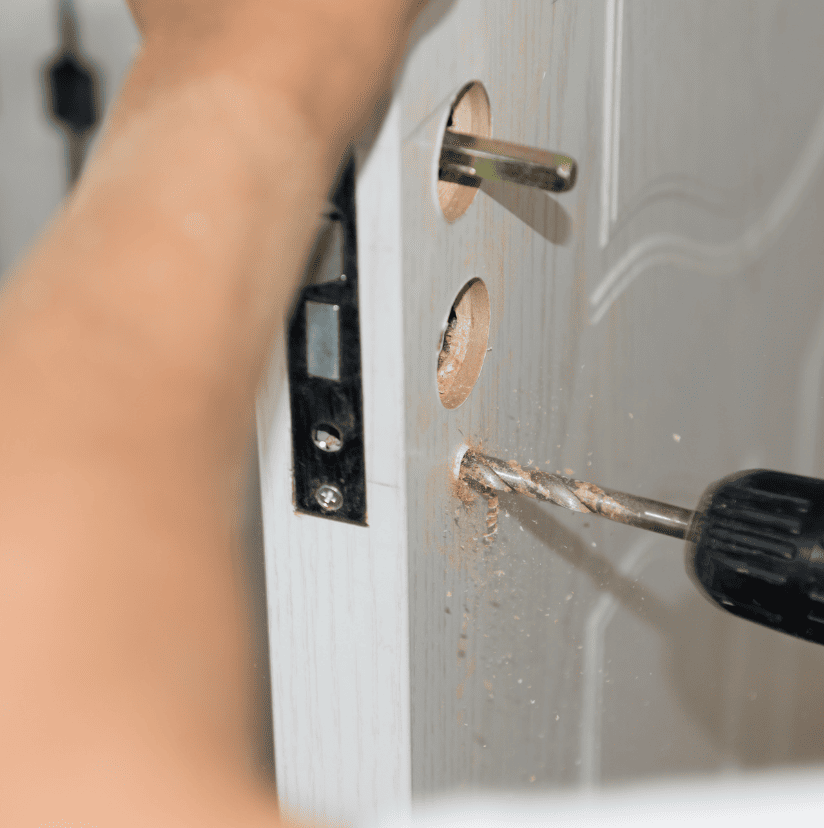As a tenant, the feeling of security within your living space is paramount. In certain situations, changing the locks on your apartment may seem like a logical step to enhance your safety and peace of mind. However, before you grab your toolbox, it’s crucial to understand the guidelines and potential restrictions surrounding lock change in rental properties. In this blog post, we’ll explore the considerations and steps tenants should take when contemplating a lock change.
Inspect Your Lease Agreement:
The first key to understanding your rights and obligations is a thorough review of your lease agreement. Some leases explicitly address the tenant’s ability to modify the property, including changing locks. Pay close attention to any clauses related to alterations, and take note of specific requirements outlined by your landlord.
Open the Lines of Communication:
Communicating with your landlord is a crucial step in this process. Although not always required by the lease, informing your landlord about the apartment locks change fosters transparency. This simple conversation can prevent potential issues, especially if your landlord has specific preferences or requirements
Duplicate Keys:
If you choose to change the locks, be ready to give your landlord a duplicate set of keys. Many leases require landlords to have access to the property for emergencies or necessary repairs. Sharing duplicate keys ensures a harmonious landlord-tenant relationship.
Hire a Professional Locksmith:
While a DIY lock change might be tempting, hiring a professional locksmith is advisable. This ensures not only the correct installation of locks to maintain property security but may also be a stipulation in your lease. Some landlords may require licensed professionals for any lock changes.
Revert to Original Conditions:
Lease agreements often require tenants to restore the property to its original condition. If you change the locks, be ready to return to the original ones when moving out unless alternative arrangements are agreed upon with your landlord.
Know Your Local Lock and Key Laws:
The legal landscape regarding tenant rights can vary, so it’s essential to familiarize yourself with local laws and regulations. Knowing your rights as a tenant will empower you to make informed decisions while staying within the bounds of the law.
Changing the locks on your apartment as a tenant can be a straightforward process if approached with transparency, communication, and respect for the legal framework set out in your lease agreement. By adhering to these guidelines and seeking professional assistance when needed, you can enhance the security of your living space while maintaining a positive relationship with your landlord. Remember, open communication is the key to a secure and harmonious home.

